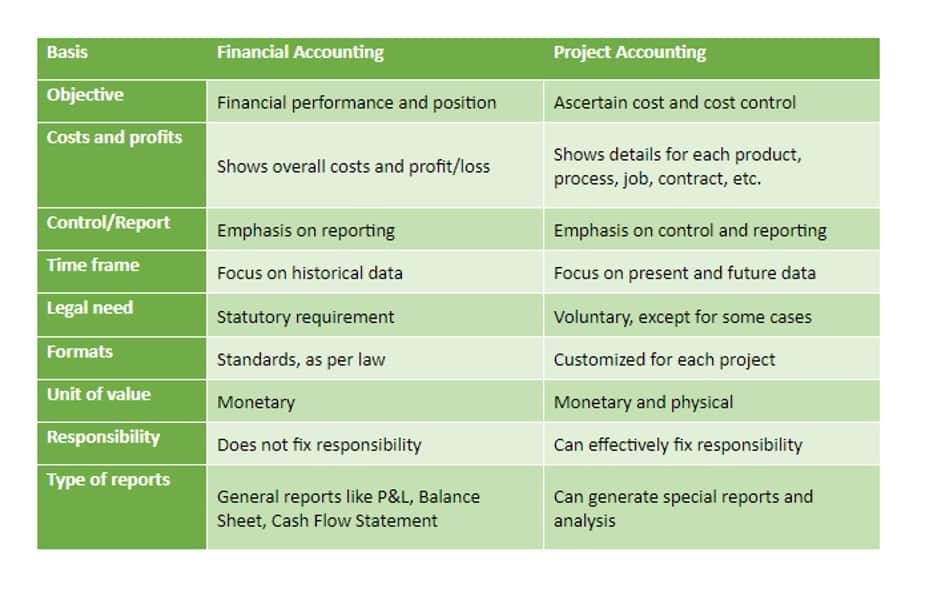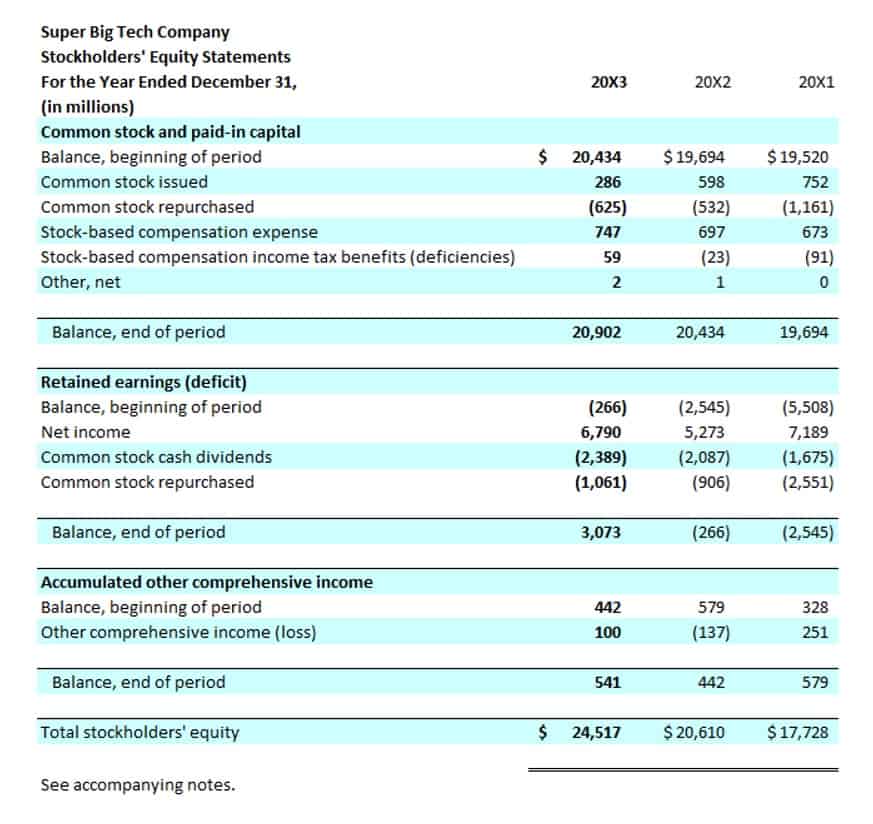Therefore, symptoms may last longer and may become more intense than normal. When severe instances occur, a person’s immune system may not be powerful enough to get rid of the infection. However, there are certain bacteria that do not respond https://stiengenharia.com.br/2022/10/14/children-of-alcoholics-the-effects-coping-with-the-2/ to drugs or medical treatment. A well-balanced diet rich in fruits, vegetables, whole grains, and lean proteins supports immune function.

How Alcohol Disrupts Immune Function

Alcohol consumption increases intestinal permeability through the suppression of intestinal tight junction protein expression. This alteration allows the translocation of bacterial products to the systemic circulation. The gut-derived bacterial components together with LPS activate the immune cells localized in the systemic circulation or in target organs such as liver and brain. This causes the increase in pro-inflammatory components that can lead to alcohol liver disease or increased states of neuroinflammation. Maintaining gut homeostasis—beneficial microbiota composition—plays a critical role in immune responses.
2. Alcohol Role as a Risk Factor for Autoimmune Diseases
Research has shown that alcohol can cause an increase in pro-inflammatory cytokines, such as interleukin-6 (IL-6) and tumor necrosis factor-alpha (TNF-alpha). Elevated levels of these pro-inflammatory cytokines can contribute to chronic inflammation and tissue damage. On the other hand, alcohol can also inhibit the production of anti-inflammatory cytokines, like interleukin-10 (IL-10), which are essential for regulating the immune response and resolving inflammation. It’s important to note that the immediate effects of alcohol on the immune system are just one aspect of the broader impact that alcohol can have. Long-term drug addiction treatment effects, such as increased susceptibility to infections and slower healing processes, should also be considered.
- Outpatient alcohol rehab helps you maintain daily life while receiving therapy, family support, and aftercare for lasting sobriety.
- In this model, all behaviour is influenced by understanding a person’s capability to change, their opportunity to change and their motivation to change.
- The adaptive immune system, responsible for long-term immunity and targeted responses, is also compromised by chronic drinking.
Effects on the Lungs
Foods high in antioxidants, vitamins (such as C and D), and minerals (like zinc) can bolster our defenses. Historically, alcohol has been used in various cultures for medicinal purposes, but the modern understanding of its impact on health has evolved significantly. With the increased focus on wellness and preventative health strategies, we are more aware of how our lifestyle choices influence our overall well-being. This includes not just what we eat and how much we exercise, but also our alcohol consumption.
By adhering to these guidelines, you can reduce the detrimental effects of alcohol on your immune system. It’s important to note that these guidelines may vary based on individual factors, such as body weight, metabolism, and overall health. Individual variations in response to alcohol can also influence the impact on the immune system. Factors such as genetics, overall health, age, and gender can contribute to the variability in how alcohol affects immune function.
Additionally, alcohol can damage the gut lining, which serves as one of the body’s first lines of defense against pathogens in the gastrointestinal tract. A compromised gut barrier allows bacteria and toxins to enter the bloodstream more easily, triggering inflammatory responses and placing extra stress on the immune system. As we navigate our wellness journeys, it’s crucial to prioritize our immune health by making informed choices about alcohol consumption and incorporating supportive lifestyle practices. By focusing on nutrition, hydration, sleep, and stress management, we can collectively enhance our immune function and overall well-being. Understanding the broader implications of alcohol on health can help us does alcohol affect your immune system appreciate its effects on the immune system. For instance, individuals with pre-existing conditions like diabetes or heart disease may face even greater risks when consuming alcohol.

These resources can provide guidance, education, and strategies to help individuals regain control over their alcohol intake and improve their overall well-being. If you or someone you know is struggling with alcohol addiction, reach out to a healthcare professional or consider organizations that specialize in addiction treatment. In addition to its effects on the brain, alcohol also affects the peripheral nervous system, which comprises the nerves outside the brain and spinal cord. Alcohol has a direct and significant impact on immune function, particularly when consumed in excess. As flu, cold, and COVID-19 continue to circulate, it’s essential to take proactive steps to protect your health. By moderating alcohol intake, getting enough rest, and following other healthy habits, you can give your immune system the support it needs to keep you well this season.





















